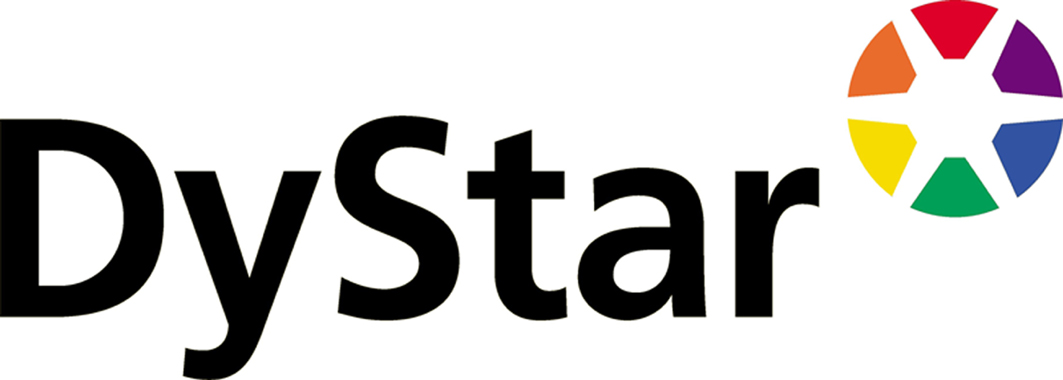Work Experience: Summer Intern
At DyStar LP, located in Charlotte NC, I worked as a Textile Auxiliaries R&D Intern. The projects highlighted the improvement of the DyStar product for water repellency and evaluation of various DyStar products for low formaldehyde-containing resin. As the Textiles Auxiliaries R&D intern, it was my responsibility to carry out applications, and fabric testing for easy-care resin finish and water repellency finish.
You may read about my experience here:




